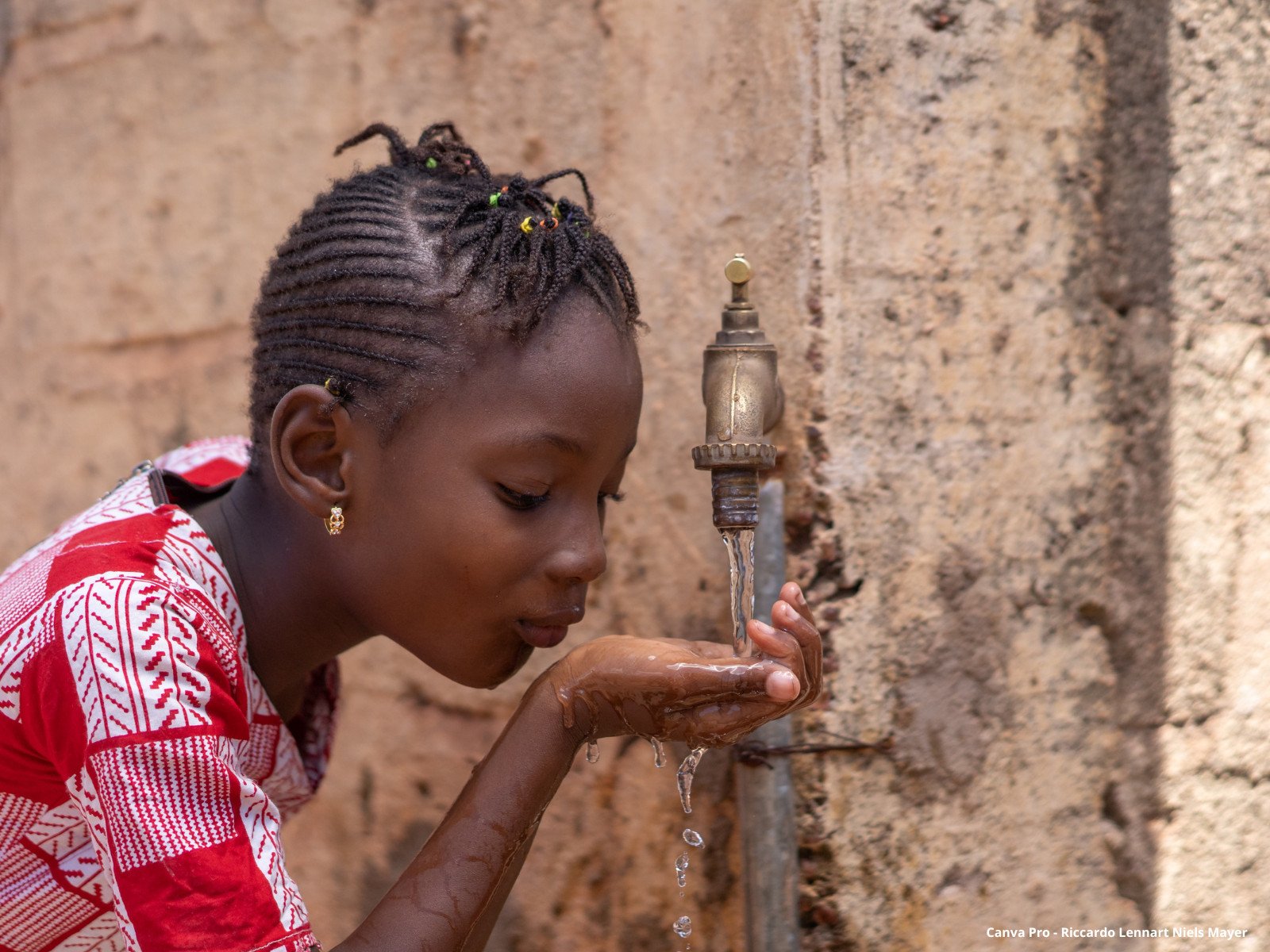According to the report The state of the world's drinking waterpublished in 2022 by the World Health Organization (WHO), between 2000 and 2020, the world's population with access to clean, safe and potable water has increased by more than 2 billionincreasing from 3.8 billion to 5.8 billion people.
Water security is a fundamental aspect for the health and development of human communities.. This is why the attention of international organizations, non-governmental organizations, governments and civil society is increasingly focused on improving infrastructure and ensuring access to clean and safe water sources.
You too can rediscover the pleasure of staying informed!
Your support helps protect our independence so we can continue to produce quality journalism that is open to all.
Support us
Improvements and challenges to overcome
THE Global burden of disease 2024 of the Institute for Health Metrics and Evaluation estimates that The percentage of deaths attributed to unsafe water sources has declined significantly over the past thirty years: from 4% in 1990 to 1.3% in 2021. In Southeast Asia, in the same period, this percentage fell from 11.6% to 2.7%, while in sub-Saharan Africa it fell from 7.2% to 2.5%.

Our World In Data – Percentage of deaths due to unsafe water sources.
This data, collected by Our World in Data, highlights the global progress made in improving access to safe drinking water sources. However, in various regions of the globe There are still several challenges to overcome.
In many countries in the Global South, for example, water extraction, treatment and distribution infrastructure is inadequate or compromised by instability and conflict, as is the case in Ukraine and Gaza. increases dependence on dangerous sources and the risk of contracting diseases such as cholera. In addition, pollution from agricultural, industrial and domestic activities can compromise the health of many aquifers.
To this photo, Added to this are climate variability and extreme weather events.such as drought, which in regions such as the Sahel reduces the availability of water resources and exacerbates social tensions.
The Italian watermaker
To cope with water shortages and periods of drought that could affect the Italian islands and coastal areas, the Neapolitan company Marnavi has developed an aqueduct ship capable of producing up to 1.8 million liters of drinking water per day.
The ship takes on sea water from great depths, far from the coast, and uses reverse osmosis technology to filter salt water through special membranes that remove salt and impurities. The water obtained is then enriched with some minerals (calcium, potassium and magnesium) to make it suitable for human consumption. Then, the residue of the desalination process, the brine, is dispersed in a controlled manner so as not to impact the marine ecosystem.
Thanks to its innovative technology, the aqueduct ship offers a cheaper and more sustainable alternative to fixed desalination plantswhich often, being located on the coast, can have an impact on coastal ecosystems. In addition, by being able to move freely between different locations, the vessel can provide drinking water to areas that may not have immediate access to adequate water resources.
Some good practices from around the world to ensure clean, safe and drinkable water
There are many projects launched by governments and organizations in the countries of the South, which aim to improve the situation within their reference communities, proving that local communities are not passive realities, waiting for external stimuli and interventions. but I am able to plan and actively act for change.
Through the project Keur Momar SarrFunded by the African Development Bank, the Senegalese government built a water treatment plant, which has enabled triple the production of drinking water and supply more than a million people in Dakar and its surrounding areas.
In Yemen, a tribal decree banned the use of water from the Malaka Dam to end conflicts between three neighbouring villages. Al Malaka, a women-led association from the local community, therefore requested FAO’s support to negotiate the reuse of the water and enable the construction of a pipeline system that transfers water from the dam to several underground wells, improve the quality of drinking water and increase its availability.
In 2021, the NGO Adeso, founded by Somali pastor Fatima Jibrell, created the Durdur Water Companya social enterprise that aims to provide access to clean water to the population of Puntland, Somalia. Through the purchase of a high-efficiency drill, Adeso is able to extract, treat and distribute water directly to homes, clinics, schools and businesses..
In this regard, in its activities, Adeso adopts a “decolonizing” approach, which aims to promote change through the leading role of local communitiesreducing dependence on international aid and making communities the architects of their own future. Because the efforts of local communities, if recognized, valued and supported, without imposing anything from above, can make a difference.
